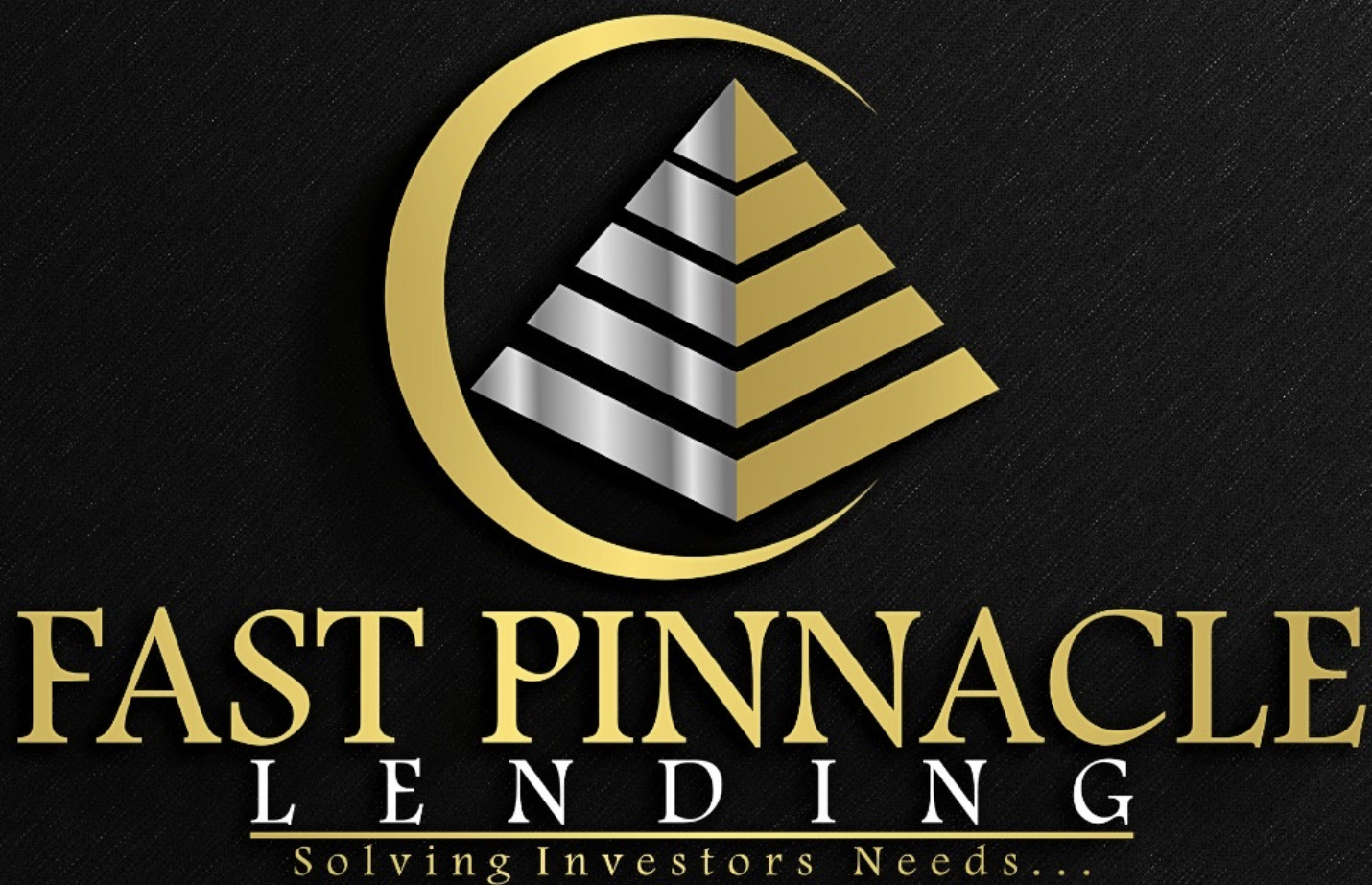Congratulations on starting your real estate investing journey! Real estate investing, whether through fix and…
Fix and Flip Investment Guide: Strategies for Real Estate Investors

Fix and flip investment is an exciting yet challenging strategy for real estate investors looking to generate profits from transforming investment properties. Real estate investors must thoroughly understand the market, have solid financing options, and follow a strategic plan to succeed. In this guide, we’ll walk you through the essential steps to ensure your investment property brings the returns you’re aiming for.
Understanding the Market for Fix and Flip Investments
Before purchasing an investment property, real estate investors need to have a strong grasp of local market conditions. Whether you’re eyeing a growing neighborhood or targeting a property with rental potential, comprehensive market analysis is key.
Market Demographics and Trends
Market demographics can significantly impact real estate investment strategies. Are young professionals or retirees moving into the area? This data helps real estate investors gauge property demand. Real estate investors should also watch for any upcoming infrastructure projects that could boost property values, especially in fix and flip investment hotspots.
Neighborhood and Property Values
Understanding the value of both the investment property and the surrounding neighborhood is vital for real estate investors. A neighborhood where property values are steadily increasing is a good indicator for a profitable fix and flip project.
Competitive Analysis
Real estate investors should analyze what other flippers and real estate agents are doing in the area. Knowing what competitors are paying for similar properties and the features they’re emphasizing can give you a strategic advantage in your investment.
Financing Your Fix and Flip Investment
A sound financial strategy is critical for real estate investors, and the success of your fix and flip investment often hinges on securing the right investment property financing. Here’s what you need to consider:
Calculate Your ROI
Your return on investment (ROI) is crucial in deciding whether an investment property is worth pursuing. As a general rule, aim for at least a 20% ROI after accounting for the purchase price, rehab costs, and other expenses. Proper financing, such as investment property loans, can ensure you maintain a profitable ROI.
Estimate Rehab Costs
One of the most common mistakes real estate investors make is underestimating renovation costs. Get quotes from contractors early on and budget for unexpected expenses. For finding local service professionals, visit HomeAdvisor. Underestimating rehab costs can significantly impact your profits.
Carrying Costs and Time
The faster you can flip the property, the better your returns. Delays can eat into profits due to carrying costs like taxes, utilities, and insurance. Real estate investors should aim for swift, efficient renovations to keep their fix and flip investment on track.
Compete Like a Cash Buyer
Fast Pinnacle Lending offers competitive pricing and quick closure on investment property loans, making it easier for real estate investors to compete with cash buyers. Their fix and flip loans, which include 100% rehab coverage, streamline the process and help investors focus on quick and profitable flips.
Evaluating the Physical Property for Your Fix and Flip Investment
Finding an investment property with potential is just the beginning. A thorough property evaluation is critical to ensure your fix and flip investment is set for success.
Aesthetic Appeal
Real estate investors should look for properties that can be transformed into attractive homes. Whether it’s an open layout or a large yard, a property with the right foundation can make a fix and flip investment stand out in the market.
Structural and Mechanical Condition
Have a contractor assess the property’s structure and mechanical systems. Issues like foundation cracks or outdated plumbing can inflate rehab costs and reduce your overall profit margin on your fix and flip investment.
Permits and Zoning
Before committing to any property, verify the local zoning regulations and necessary permits. Certain upgrades, like adding bedrooms or expanding the property, may be subject to local ordinances that impact your fix and flip investment.
Maximizing Your Fix and Flip Investment’s Competitive Edge
Every real estate investor wants to stand out in the competitive market, and a successful fix and flip investment depends on offering unique features that attract buyers.
Unique Selling Points
Does the property offer something unique, like a scenic view or energy-efficient features? These can become key selling points that differentiate your fix and flip investment from the competition.
Eco-Friendly Investments
Energy-efficient homes are increasingly popular. Real estate investors should consider adding eco-friendly features such as solar panels or smart home systems, which can attract environmentally conscious buyers and increase the property’s market value.
Rental Potential
In cases where a flip doesn’t sell as quickly as planned, rental income potential can serve as a fallback. Real estate investors should research local rental rates and the neighborhood’s desirability for renters before finalizing their fix and flip investment.
Legal and Logistical Due Diligence for Fix and Flip Investments
Due diligence is a must before closing on any investment property.
Title and Liens
Hiring a real estate attorney to review the property’s title ensures there are no hidden issues, such as liens, that could complicate your fix and flip investment. This step is crucial to protecting your investment property financing.
Insurance
Ensure you have adequate insurance coverage, especially if the property is located in a disaster-prone area. This will safeguard your fix and flip investment from unforeseen events that could impact your profitability.
Marketing and Selling Your Fix and Flip Investment
Selling your fix and flip property quickly is key to realizing a profit. To do this, real estate investors must focus on effective marketing strategies.
Know Your Buyer
Tailoring your marketing to the right buyer, whether it’s first-time homebuyers or investors, can speed up the sales process.
Home Staging
Home staging can help buyers envision living in the space, which often leads to faster sales at higher prices.




